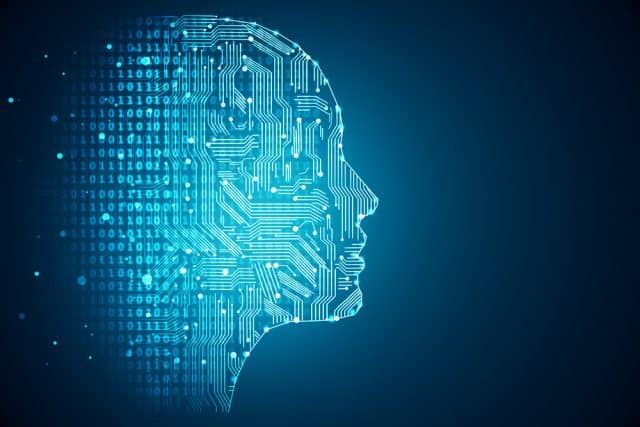The ultimate AI use case -- engaged, productive and happy employees

Business adoption of AI is on the rise in the UK. According to a Government report, roughly 15` percent of all UK businesses have adopted at least one AI technology, with a further 10` percent planning to do so. Adoption is really taking off in larger firms, with more than two-thirds (68` percent) of them having used AI.
But what practical benefits can AI bring? Use cases seem to be emerging daily from many different business departments, but arguably, its HR teams that should be sitting up and taking notice more than others.
We all know about the increase in digital transformation investment in recent years. Billions of pounds are being spent, but if new tools aren’t then used by teams, they won’t be helping employees at all, and may even hinder them. In turn, this leaves employees feeling like they have been set up to fail -- making it much more likely that they will struggle to complete their work satisfactorily. Ultimately, this is driving employees to leave organisations -- our research shows that more than three quarters of people who chose to leave large businesses in the last year did so in part due to frustrations with technology. AI can stop this problem dead in its tracks.
AI is spreading across industries and job roles
Taking a step back, many businesses are currently piecing the AI puzzle together. The McKinsey Global Institute says AI has the potential to add $13 trillion dollars to the global economy by 2030, but Gartner reports that in reality most current AI projects are still in the early stages of development.
There are some early tangible benefits being realized. For example, the NHS used AI positively to identify trends during the pandemic. Another sector reaping the benefits is manufacturing; companies are employing AI to realise the full utility of IoT/connected machinery in a bid to create self-learning factories. These are exciting developments but imagine the revolutionary impact AI could have if used for cross-functional tasks, driving employee engagement across the board.
Driving digital adoption
AI can be a real game-changer for businesses if they harness its powers to drive adoption of digital tools. AI capabilities are driving digital adoption platforms (DAPs), a growing category of solutions using AI/ML to streamline the adoption of digital tools within a business. This sets businesses up to capitalise on digital investments to drive company success and employee engagement.
With the number of apps used by the average business growing year over year, it’s very difficult to track how each of them is being used by employees. This leaves key questions unanswered -- including whether as many employees are using apps as expected, and if they are using them for the right purpose? This is where AI can make a real difference as part of a DAP by identifying gaps or shortfalls in app uptake, and providing personalized step-by-step training to employees while flagging larger issues the business needs to address.
AI can also help identify inefficiencies with software packages bought by organizations. Are there particular features of a software program that staff never use because they simply don’t need to? Are current license agreements and deals appropriate for the actual level of consumption?
Overall, this creates a much better user experience that will encourage employees to fully adopt the digital tools deployed. Our research also found almost two thirds of businesses believed poor employee experiences with IT were likely to add to the 'Great Resignation'. Using AI to drive digital adoption turns this scenario on its head, giving people reason to stay, rather than leave. In turn, this will ensure the business fully reaps the rewards of their digital transformation investments.
The ultimate AI use case?
AI has huge potential but is still in its relative infancy. However, driving digital adoption is a realistic and significant use case that brings genuine benefits. Not only does it allow a business to make the most of its digital investments, it will also lead to employees feeling more empowered, engaged, and less likely to leave. Employees can also save time previously spent on training and walkthroughs, as AI starts to take away some of the burden and shares job-specific insights that individual employees can put to use.
Using AI in this way tees up HR to be more streamlined and effective, delivering a business full of engaged, productive and happy employees that will drive the business to greater success in the years to come.
Photo credit: Peshkova / Shutterstock
Uzi Dvir is CIO of WalkMe.